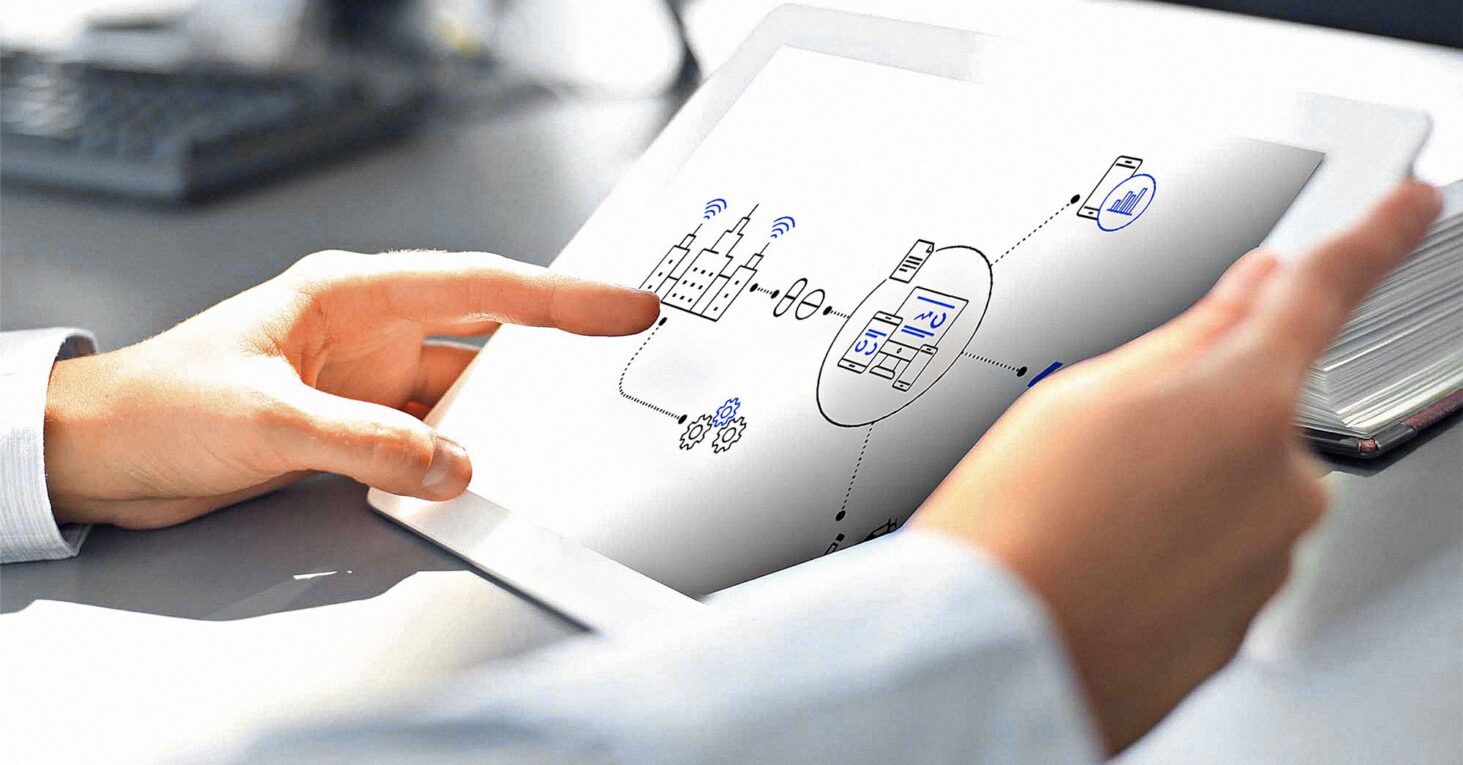The pharmaceutical industry is on the cusp of a digital revolution with the rise of Pharma 4.0. Powered by technologies like artificial intelligence, machine learning, cloud computing and more, Pharma 4.0 represents the next wave of industrialization that is set to transform every aspect of drug discovery, development and production.
Reimagining Drug Discovery
One of the areas that stands to benefit the most from Pharma 4.0 is drug discovery. Traditionally, the process of identifying new molecular entities that can become drug candidates has been long, expensive and driven largely by trial-and-error methods. With Pharma 4.0 however, AI and big data analytics are opening up new possibilities. Advanced algorithms scour vast databases of biological and chemical information to screen for viable drug targets and propose new molecular structures. This in silico approach hugely accelerates target identification and design cycles compared to traditional lab-based workflows. AI also uncovers hidden patterns and insights in complex disease mechanisms that human researchers might miss, pointing to entirely new therapeutic strategies. Pharma giants like GSK and Novartis are making major investments in AI drug discovery to take advantage of these enhancements.
Streamlining Clinical Trials
Another bottleneck in the pharmaceutical industry has long been clinical trials, which are stretched out over years with high costs. Here too, Pharma 4.0 promises to drive greater efficiency through techniques like decentralized or virtual trials. Remote digital tools allow recruiting larger and more diverse patient populations while minimizing travel requirements. Sensors and wearables provide a constant flow of real-world clinical data without in-person checkups. AI analyzes these digital streams to gain novel insights into disease progression and treatment responses in real-time. This facilitates adaptive trials where protocols can be quickly modified based on accumulating evidence. Pharma 4.0 also catalyzes more personalized approaches through big data integration and analytics to determine optimal treatments tailored to individual patient characteristics and biomarkers.
Powering Intelligent Manufacturing
Moving into production, Global Pharma 4.0 leverages the Industrial Internet of Things (IIoT) to realize the promise of smart manufacturing. Embedded sensors in assembly lines continuously monitor manufacturing parameters and the performance of critical equipment like bioreactors, ensuring conformance to strict quality standards. Predictive maintenance algorithms also analyze the sensor data to detect any deviations or malfunctions early on before they escalate into costlier breakdowns. Through digital twins, plants can thoroughly test out new production processes in virtual simulation environments before real-world implementation, reducing risks. Autonomous robots take over repetitive and hazardous tasks from human workers, improving efficiency and safety. Blockchain meanwhile brings supply chain transparency by providing a tamper-proof record of materials used and enabling traceability through the whole distribution chain.
Fostering Inter-Organizational Connectivity
No pharmaceutical company can stay competitive while operating in isolation anymore. Pharma 4.0 facilitates greater connectivity between organizations through collaborative digital platforms. These open innovation marketplaces allow partnerships between small biotechs and big pharma players to jointly work on cutting-edge projects. They also catalyze “citizen science”, leveraging crowdsourced contributions from patient advocates, clinicians and researchers around the world. Comprehensive real-world evidence databases maintained on a shared infrastructure offer a unified source of clinical and economic data for regulatory decision making, HTA assessments or comparative effectiveness research. Interoperable electronic health records systems ensure continuity of care as patients move between different providers. This fosters an ecosystem approach where each stakeholder complements the others’ strengths for accelerating medical progress.
Challenges on the Road Ahead
While Pharma 4.0 holds enormous promise, its adoption also faces challenges. Achieving full-scale digitalization requires massive capital investments that not all companies can afford. Interfacing antiquated legacy systems with advanced new technologies remains problematic. Ensuring cybersecurity of digital health data against the evolving threat landscape is another frontier issue. A shortage of data science and coding skills within life sciences poses a human capital hurdle. Changing entrenched practices and mindsets after decades of doing business a certain way involves an organizational transformation challenge. Regulatory frameworks have to catch up with the pace of innovation and address novel scenarios like AI-driven devices. Addressing ethical concerns around AI bias, data privacy, and virtual trial protocols is essential for sustaining public trust. While hurdles exist, the sector is actively working to overcome these through collaborative efforts, as the benefits of Pharma 4.0 are simply too compelling to ignore.
Pharma 4.0 represents nothing less than an industrial revolution for the pharmaceutical sector, driving unprecedented strides in drug discovery speed, manufacturing quality, clinical trial efficiency and care delivery. By optimally leveraging powerful new technologies across the value chain and facilitating inter-organizational synergies, it promises to bring life-changing therapies to patients much faster. Though challenges need solving, the digital transformation of healthcare through Pharma 4.0 is firmly underway and set to become a defining reality of the decade ahead.
*Note:
1. Source: Coherent Market Insights, Public sources, Desk research
2. We have leveraged AI tools to mine information and compile it

